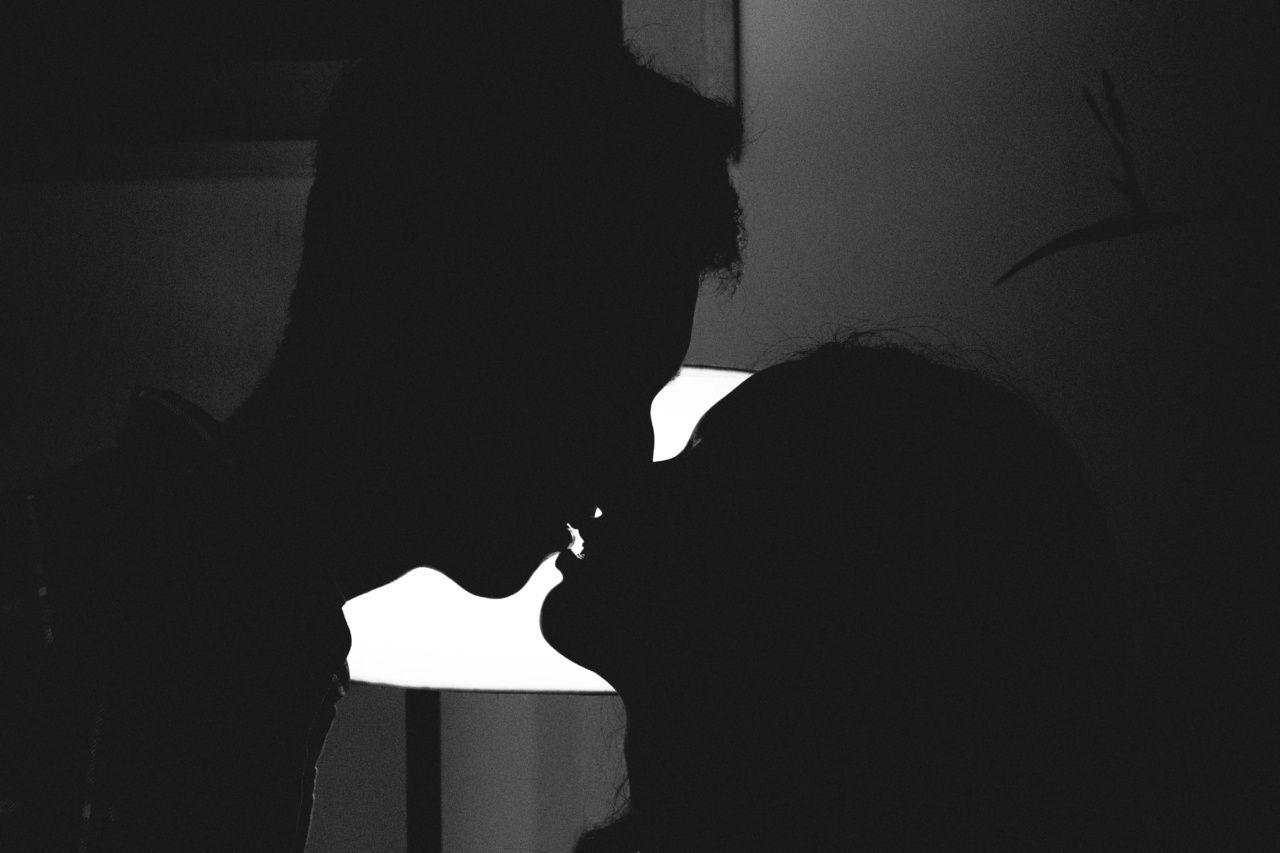Sexual desire is an essential part of our well-being. It can help us feel connected with our partners, boost our self-esteem, and help us relax after a long day. Unfortunately, certain habits and lifestyle factors can interfere with our libido.
Here are twelve common passion killers that lower libido.
1. Lack of Sleep
Adults need at least 7-8 hours of sleep each night to function optimally, including when it comes to sexual desire. Sleep deprivation affects the hormones that regulate libido, leading to a decrease in sexual desire.
Lack of sleep also reduces energy, leaving you too tired to have sex.
2. Sedentary Lifestyle
If you spend most of your day sitting, your libido may take a hit. Lack of physical activity lowers testosterone levels, leading to a decrease in sexual desire.
Regular physical activity can help boost libido, so try to fit exercise into your daily routine.
3. Poor Diet
Consuming a diet that is high in saturated fat, sugar, and processed foods can lead to a decrease in sexual desire. A healthy diet that includes plenty of fruits, vegetables, and lean protein can help optimize libido levels.
4. Stress
Stress is one of the biggest passion killers. When you are stressed, your body releases stress hormones like cortisol, which can interfere with the hormones that regulate sexual desire.
Stress can also lead to feelings of anxiety, depression, and fatigue, all of which can decrease libido.
5. Smoking
Smoking cigarettes damages blood vessels, making it harder for blood to flow to the genitals. This can cause erectile dysfunction in men and reduced sexual desire in women. Quitting smoking can help improve sexual health and boost libido.
6. Alcohol
While a glass of wine can help you relax and feel more passionate, excessive alcohol consumption can have the opposite effect. Alcohol is a depressant that can interfere with hormone production and lead to reduced libido.
Limit your alcohol intake to improve your sex drive.
7. Prescription Medications
Many prescription medications can reduce sexual desire, including antidepressants, blood pressure medications, and anti-seizure drugs.
If you are experiencing a decrease in libido after starting a new medication, talk to your doctor about alternative options.
8. Lack of Foreplay
Foreplay is an essential part of sexual arousal. Rushing through foreplay or skipping it altogether can lead to reduced sexual desire. Take the time to explore your partner’s body and build anticipation for a more satisfying sexual experience.
9. Low Self-Esteem
Low self-esteem can lead to a lack of confidence in the bedroom, making it harder to relax and enjoy sex. If you are struggling with self-esteem issues, consider talking to a therapist or counselor to work through these challenges.
10. Lack of Communication
Communication is key to a healthy sex life. If you and your partner are not openly communicating about your desires and needs, it can lead to a lack of sexual satisfaction.
Take the time to talk to your partner about what you enjoy in the bedroom to build a stronger connection.
11. Pornography
While pornography can be a source of sexual stimulation for some, excessive use can lead to decreased libido and even addiction.
If you are experiencing a decrease in sexual desire due to pornography use, consider seeking professional help to overcome this challenge.
12. Menopause
Menopause can lead to a decrease in estrogen levels, leading to a decrease in sexual desire and vaginal dryness. Hormone replacement therapy may help alleviate some of these symptoms and improve libido.






























